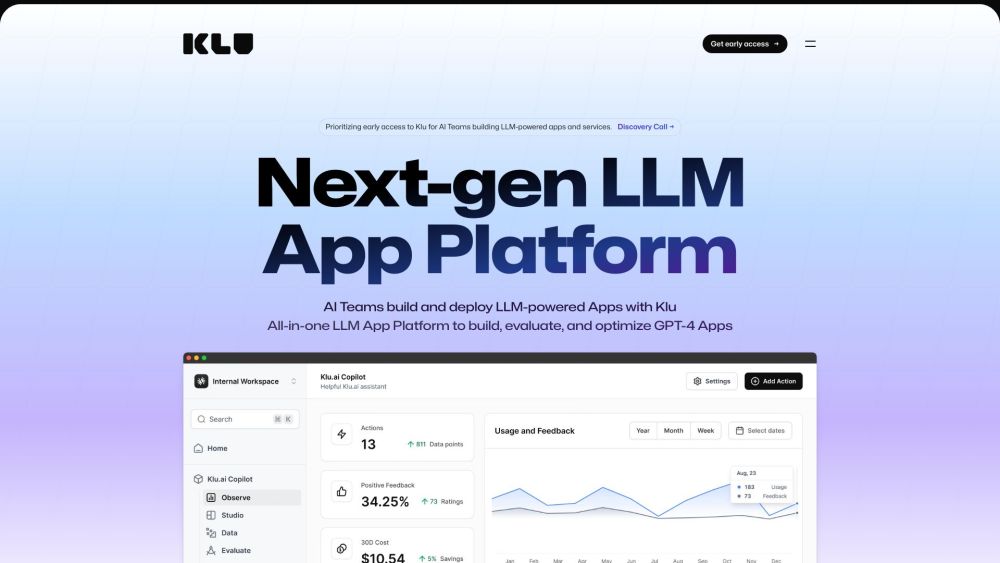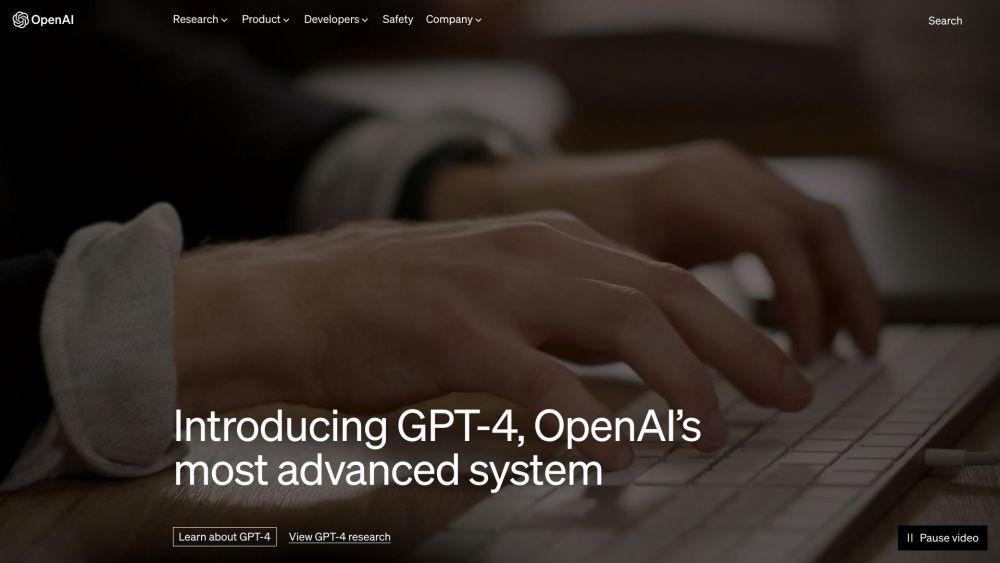The head of Slack, Denise Dresser, has shared that the company is transforming its business chat platform into a comprehensive “work operating system.” This shift includes integrating AI applications from Salesforce, Adobe, and Anthropic to position Slack as more than just a messaging tool. But do users really want this change? And if so, would they be willing to pay a premium for these new features?
On Monday, Slack unveiled a host of new capabilities associated with its premium tier, Slack AI. These enhancements feature AI-generated Huddle summaries, akin to the already available channel summaries for premium subscribers. Users can now interact with Salesforce’s AI agents directly within Slack, along with third-party tools that enhance web searches and AI-driven image creation.
Salesforce acquired Slack in 2021, shortly after the platform became essential for remote work for millions. Three years later, Salesforce is aggressively pivoting towards AI, influencing its messaging service. Denise Dresser emphasizes that Slack is perfectly suited for these AI interactions, as users already engage in conversations throughout their workdays.
“AI is guiding us to a new way to engage with technology, which aligns seamlessly with Slack’s design. It’s conversational, facilitates information sharing, and enables action right within the workflow,” Dresser stated during an interview after taking over as CEO ten months ago. “There’s no better platform than Slack for this purpose.”
But why incorporate AI into Slack at all? Since the launch of ChatGPT in 2022, numerous companies have introduced AI features, often to appear innovative—even if these integrations lack relevance to their core offerings. The addition of AI agents to Slack might seem like another example of this trend.
Dresser argues that Slack transcends a simple messaging service; it represents a digital workspace that “integrates all your people and processes.” She highlights that CEOs are increasingly requesting AI features—like tools for quickly catching up on team discussions or uncovering information from vast databases—as Slack seeks to usher organizations into the AI era.
One notable addition is Agentforce, which enables Salesforce users to conduct on-demand analysis of business data directly in Slack. Cohere and Anthropic also offer Slack agents for similar capabilities, available to those subscribed to their enterprise AI services. Furthermore, Perplexity is preparing to launch an agent that facilitates web searches, while Adobe Express’s Slack agent will allow users to create branded content from text prompts within the platform.
Recently, Klarna’s CEO made headlines by announcing plans to move away from Salesforce and Workday in favor of developing internal AI solutions. This aligns with predictions from Andreessen Horowitz partners, who forecast a trend of businesses shifting away from expensive CRM services towards in-house AI technologies. In response, Salesforce CEO Marc Benioff expressed skepticism regarding Klarna’s AI initiatives and called for tangible proof of their effectiveness.
When asked about these comments, Dresser emphasized the importance of trust in enterprise AI solutions, assuring that Salesforce is committed to ensuring customer safety and security.
However, trust has been questioned earlier this year when Slack faced criticism for a privacy policy that seemed to suggest training customer data for its recommender system by default. It later clarified that while customer data was used for emoji recommendations, it was not being leveraged to train its large language models. Nevertheless, the policy indicated that users needed to email the company to opt out of including their messages as part of the training data.
Slack reiterated that it does not utilize customer data for training Slack AI, a stance that continues today. "No LLMs are trained on Slack data, period,” asserted chief product officer Rob Seaman. “There was a misunderstanding with our privacy policy that we could have addressed better. In this current age of AI, where data usage is scrutinized, we wish we had handled that situation differently.”
As Slack deepens its focus on AI, privacy concerns are increasingly relevant. The service is evolving from a purely messaging tool into a platform where AI tools can access and manipulate information. Users have valid reasons to question this shift as AI becomes yet another instrument in their digital toolkit.




